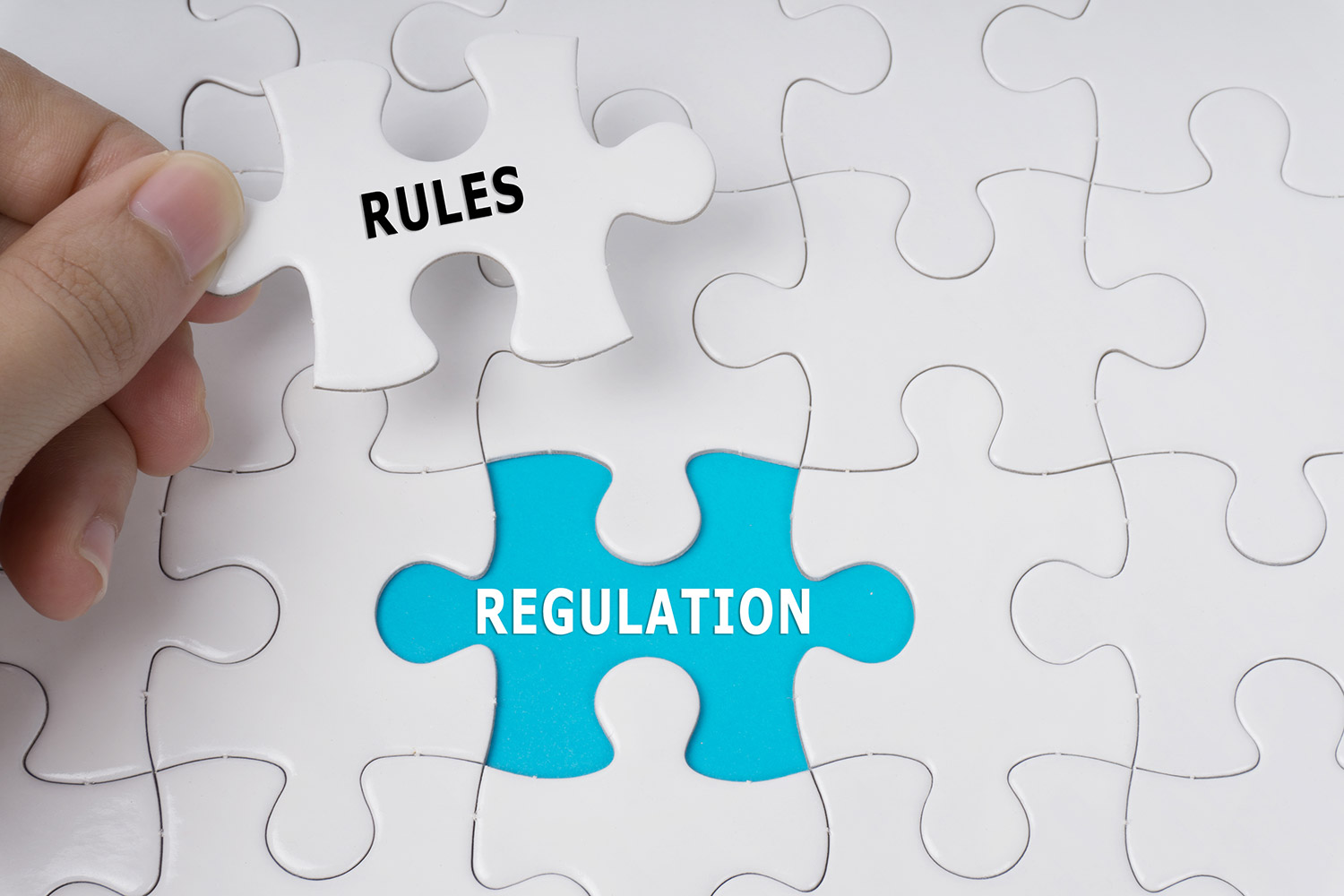The FTC announced its support for the FCC’s effort to expand the definition of what constitutes an illegal call, continuing their trend to make life more difficult for telemarketers and robocallers. In recent months, the FCC has released two notices of proposed rulemaking that could significantly affect the direct marketing industry. The rules would allow all voice service providers – including wireless providers and VoIP providers – to block illegal robocalls before they reach consumers.
“By stopping this type of spoofing, the FCC can cut down on the efficacy of such scams, likely saving consumers across the country millions of dollars.”
– Comment from 30 state attorneys general supporting the proposal.
The FCC submitted the proposal entitled Advanced Methods To Target and Eliminate Unlawful Robocalls in May 2017. Formally addressing the issue was prompted by consumer complaints relating to recent phone scams, often involving spoofed numbers. After some deliberation, a second notice of inquiry was added as part of the same proposed rules document in June that addresses reassigned numbers.
As Proposed By The FCC
The FCC’s proposal sought comments on rules to authorize the following two categories of provider-based call blocking to prevent fraudulent calls:
- Selective Call Blocking by Service Providers. The subscriber to a particular telephone number could request that telecommunications providers block calls originating from that number. The proposed rule would allow providers of telephone services to block calls: (i) upon request of the subscriber to the originating number, on the presumption that such a call is “spoofed”; (ii) from invalid numbers; (iii) from numbers that are not allocated to any voice service provider; and (iv) from numbers that are allocated to a provider, but have not been assigned to any subscriber.
- Reassigned Numbers Database. This would create a comprehensive list of reassigned phone numbers that marketers could access to ensure that they don’t mistakenly call a number that has been reassigned to someone other than the intended recipient of the call. It is estimated that 100,000 numbers are reassigned by wireless carriers every day. This proposal has broad support among both robocallers and consumers who could benefit from its creation.
The FCC’s questions center on how it should define “illegal robocalls” for purposes of any new call-blocking rule. It currently proposes to include calls that are banned under the TCPA or the Truth in Caller ID Act, but seeks input on whether this definition would exclude any legitimate callers. Comments on the first proposed rule were due July 3, 2017, but replies can be filed until July 31, 2017.
The second proposal regarding the reassigned phone numbers database hasn’t been officially published in the Federal Register, so there isn’t yet a due date for comments.
In Conclusion
At present, carriers are required to complete all calls on their networks. The proposed FCC rule would allow carriers to block calls at the network level when requested by the owner of the phone number.
The FCC’s intent is to help prevent fraudulent calls from callers who “spoof” a legitimate number – manipulate incoming Caller ID information so that a call appears to be coming from the legitimate number when in fact it originates with the fraudulent caller. It would also prevent callers from shielding their actual number with an invalid number (for instance, a number using an unassigned area code) or an unassigned number that cannot be called back or traced.
Any new rules issued by the FCC will significantly impact compliance with the TCPA. Keeping current with every evolving rule and regulatory requirement is becoming more and more difficult for any telemarketer who wants to avoid lawsuits and fines for inadvertent violations. That is why it is important to work with a respected compliance provider like Contact Center Compliance who has maintained a 100% track record for over ten years with no fines, no violations, and no lawsuits.
